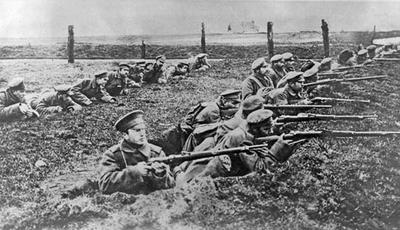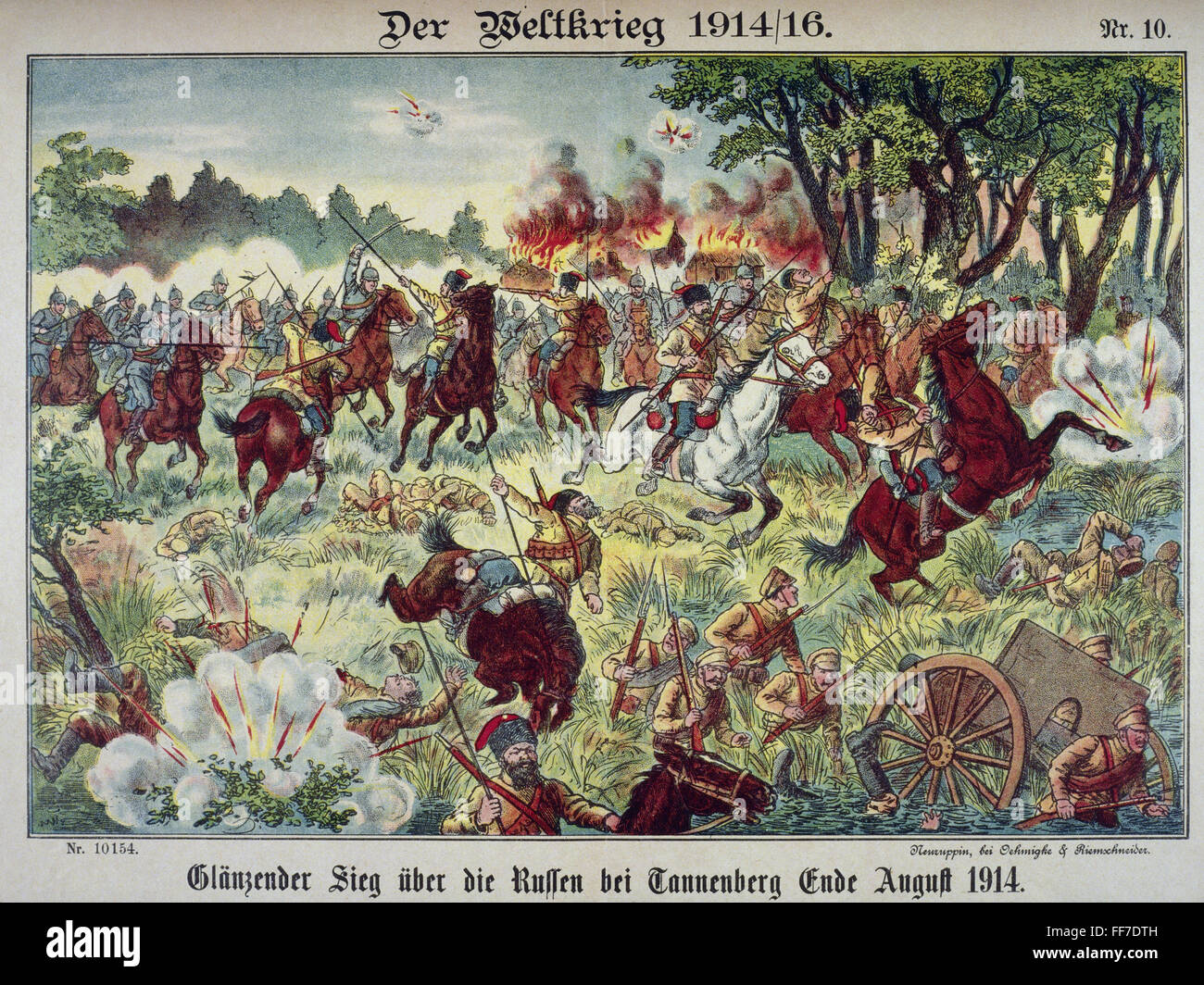

Personally opposed to Adolf Hitler and his Nazi Party, Hindenburg nonetheless played a major role in the political instability that resulted in their rise to power. In 1925, Hindenburg returned to public life to become the second elected president of the German Weimar Republic. Upon his country's armistice with the Allies in November 1918, Hindenburg stepped down as Germany's commander-in-chief and retired once again from military service in 1919.

However, by the end of 1918, all improvements in Germany's fortunes were reversed after the German Army was decisively defeated in the Second Battle of the Marne and the Allies' Hundred Days Offensive. Under their leadership, Germany secured Russia's defeat in the east and achieved advances on the Western Front deeper than any seen since the conflict's outbreak. Thereafter, he and his deputy, General Erich Ludendorff, exploited Emperor Wilhelm II's broad delegation of power to the German Supreme Army Command to establish a de facto military dictatorship. By 1916, Hindenburg's popularity had risen to the point that he replaced General Erich von Falkenhayn as Chief of the Great General Staff.
#BATTLE OF TANNENBERG 1914 SERIES#
Subsequently, he oversaw a crushing series of victories against the Russians that made him a national hero and the center of a massive personality cult. In 1911, Hindenburg announced his retirement from the military.Īfter World War I started in July 1914, Hindenburg was recalled to military service and quickly achieved fame on the Eastern Front as the victor of Tannenberg. Around the time of his promotion to General of the Infantry in 1905, Count Alfred von Schlieffen recommended that he succeed him as Chief of the Great General Staff but the post ultimately went to Helmuth von Moltke in January 1906. After a five-year teaching stint at the Kriegsakademie, Hindenburg steadily rose through the army's ranks to become a lieutenant general by 1900.

Later in 1885, he was promoted to the rank of major and became a member of the Great General Staff. In 1873, he was admitted to the prestigious Kriegsakademie in Berlin, where he studied for three years before being appointed to the Army's General Staff Corps. He then saw combat during the Austro-Prussian and Franco-Prussian Wars. Upon completing his education as a cadet, he enlisted in the Third Regiment of Foot Guards as a second lieutenant. Hindenburg was born to a family of minor Prussian nobility in Posen. During his presidency, he played a key role in the Nazi seizure of power in January 1933 when, under pressure from his advisers, he appointed Adolf Hitler as Chancellor of Germany. He later became President of Germany from 1925 until his death. Paul Ludwig Hans Anton von Beneckendorff und von Hindenburg ( pronounced ⓘ abbreviated pronounced ⓘ 2 October 1847 – 2 August 1934) was a German field marshal and statesman who led the Imperial German Army during World War I.


 0 kommentar(er)
0 kommentar(er)
